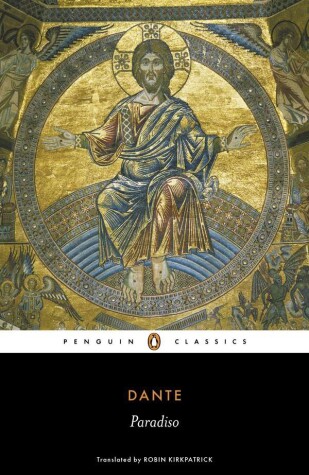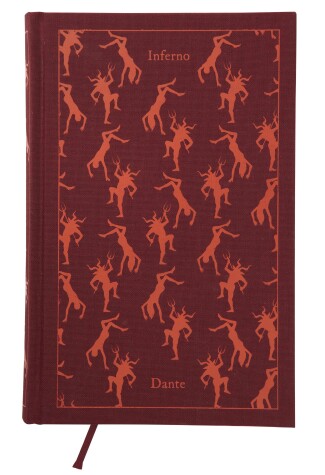Divine Comedy
1 primary work • 5 total works
Book 1
Part of Penguin's beautiful hardback Clothbound Classics series, designed by the award-winning Coralie Bickford-Smith, these delectable and collectible editions are bound in high-quality colourful, tactile cloth with foil stamped into the design.
Describing Dante's descent into Hell midway through his life with Virgil as a guide, Inferno depicts a cruel underworld in which desperate figures are condemned to eternal damnation for committing one or more of seven deadly sins. As he descends through nine concentric circles of increasingly agonising torture, Dante encounters doomed souls including the pagan Aeneas, the liar Odysseus, the suicide Cleopatra, and his own political enemies, damned for their deceit. Led by leering demons, the poet must ultimately journey with Virgil to the deepest level of all. For it is only by encountering Satan, in the heart of Hell, that he can truly understand the tragedy of sin.
Continuing the paperback edition of Charles S. Singleton's translation of The Divine Comedy, this work provides the English-speaking reader with everything he needs to read and understand the Paradiso. This volume consists of the prose translation of Giorgio Petrocchi's Italian text (which faces the translation on each page); its companion volume of commentary is a masterpiece of erudition, offering a wide range of information on such subjects as Dante's vocabulary, his characters, and the historical sources of incidents in the poem. Professor Singleton provides a clear and profound analysis of the poem's basic allegory, and the illustrations, diagrams, and map clarify points that have previously confused readers of The Divine Comedy.


